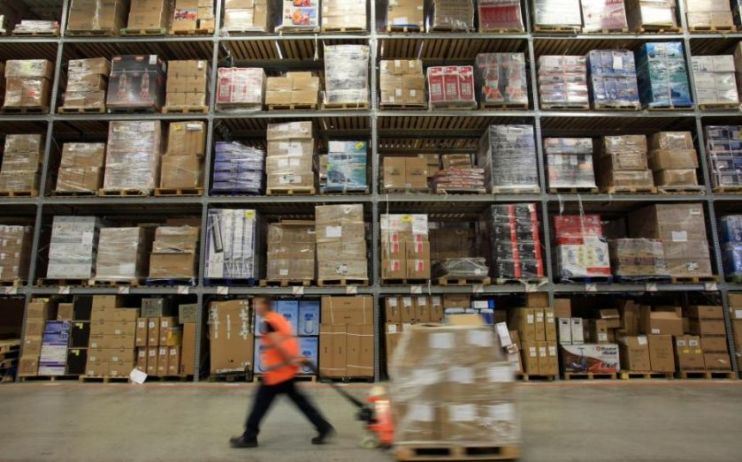Industrial strategy must boost e-commerce exports to help small firms, report urges

The government’s industrial strategy must prioritise e-commerce in order to boost small business exports and promote economic growth, a report has urged.
Improving trade technology adoption, boosting support for targeting emerging markets, and developing initiatives to support female-led small and medium enterprises (SMEs) would make a significant contribution to the number of small firms exporting, it argued.
These should be prioritised as part of Labour’s promised industrial strategy, the report by the E-Commerce Trade Commission and cross-party Social Market Foundation (SMF) found.
Titled ‘Small business, big world: Ways to boost UK small business exports’, the study saw 525 e-commerce business attend roundtables and surveys to examine barriers to exports, and was launched by the Chartered Institute of Export & International Trade (CIOE&IT).
The report made a series of recommendations, including: integrating the planned industrial strategy with the expected trade strategy; providing grant funding for trade tech investment; ensuring industrial trade strategy plans for emerging markets; and aiming to increase the number of UK female-owned goods selling SMEs which are also exporting.
CIOE&IT director-general Marco Forgione said: “This research is vital to help policy makers understand what support businesses need to boost export potential through e-commerce.
“The importance of empowering SMEs to reap the benefits of global trade is a must – it is key we use the power of trade tech to harness this potential and explore emerging markets.”
And he confirmed the trade commission would be launching an “all-encompassing resource hub” to support small businesses with exports “in the next 12 months”, as recommended.
While the SMF’s Richard Hyde, who wrote the report, added: “The vast majority of British businesses are smaller businesses, but too few of them are exporting at present.
“Achieving higher exporting levels should be a key lever for the government’s growth mission. It should take the steps necessary to ensure more SMEs are able to contribute.”
E-commerce giants support the report
Online shopping giants have backed the calls for government to rank e-commerce high up on its agenda.
Deann Evans, Shopify’s managing director of EMEA, told City A.M. that it welcomes the findings and recommendations and is “particularly energised by the emphasis on removing barriers to international trade”.
“We understand the substantial impact that streamlined e-commerce solutions can have on the UK economy—especially for SMEs looking to expand their reach across borders,” Evans said.
Echoing this, an eBay spokesperson added that online marketplaces allow SMEs to “tap into overseas markets that they would otherwise never be able to reach.”
“E-commerce has the potential to level the playing field for millions of UK small businesses because the barriers to entry are so low and the potential returns are so high.
“If we are looking to boost productivity and growth, encouraging the long tail of small and micro businesses to adopt existing digital technologies is just as important as trying to build the next big tech platform,” they said.
Around 100,000 UK SME’s selling on Amazon recorded £3.3bn in export sales in 2022, and the tech giant said the growth opportunities for the UK economy are “significant”.
An Amazon spokesperson said that “boosting participation in e-commerce exports should be a key lever in the Government’s growth mission.
“Through the lower costs associated with accessing international markets, e-commerce allows businesses to grow their export sales without having to place a big bet upfront,” the spokesperson added.